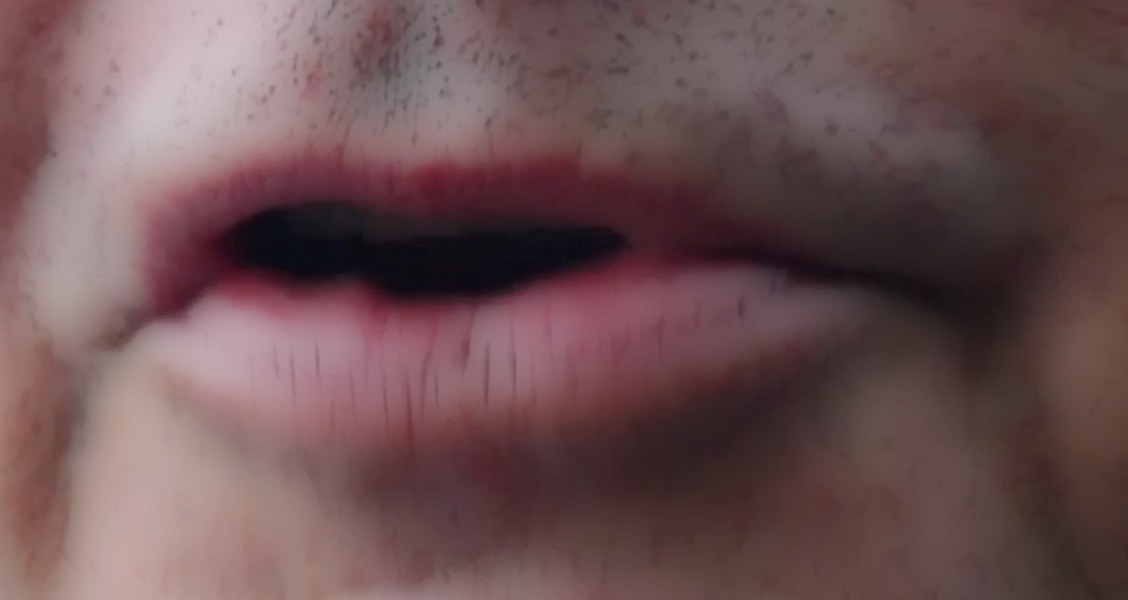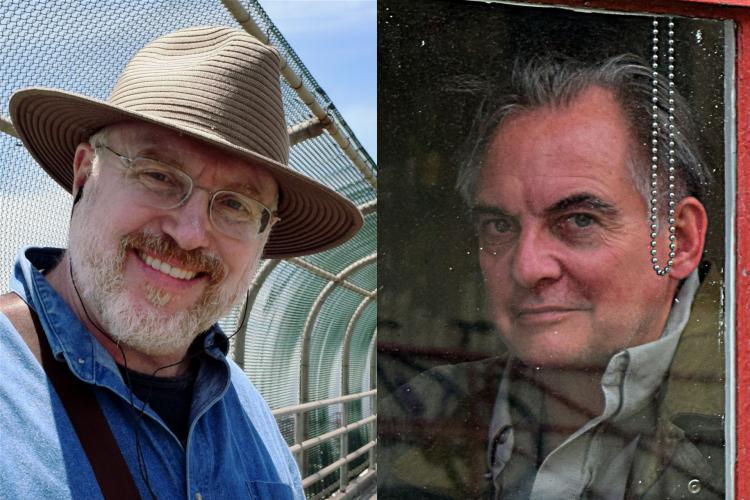wikiGong.com
soundpedro2020schizophonia participation:
the Price Audio included in Virtual Breakout During the Outbreak June 6th Livestream
the Price Video included in Virtual BreakOut During the OutBreak Videos [VBODOBV] III

In gathering material for our originally proposed video piece "Unfairly Used"--a satire on the distemper of copyright protection, which flourishes even in the thin copy-pasta gruel of Internet hustle -- wikiGong.com unearthed several works from centuries past that proved strangely prescient as our project ran aground on the shoals of the 2020 pandemic.
Writing in 1721, Daniel Defoe confronted the role of business when bubonic plague still ravaged Europe: with many upholding quarantine at great cost, but all hostage to selfish individuals. Defoe's words, nearly three hundred years old today, resonate with the stumbles of our own nation’s reopening dance. Is the price of safety indeed worse than the ravages of disease...and for whom? And may we tolerate individuals to decide so...at a staggering cost to the nation?
Rather than socially distancing ourselves from the source text as planned, we derived the musical form directly from the reading. Another change: the work is fairly used, having slumbered in the public domain for over two centuries.
"All great world-historic facts and personages appear, so to speak, twice: the first time as tragedy, the second time as farce."
-- Karl Marx, "The Eighteenth Brumaire of Louis Bonaparte", 1852
Proposed work as accepted for soundpedro 2020:
Pour Your Own (Musique) Concrète
PYO(M)C is a playable software instrument for mashable sample playback. The audience/user interface comprises commercially-available control surfaces with buttons for sound selection and sliders for mixing and playback control. A broad selection of our sound files is pre-assigned to the various selector buttons. Audio output uses conventional PA equipment.
wikiGong has catalogued hundreds of sounds over the past ten years. Most were recorded on sound walks as we climbed on, through, and around the objects of our contemplation: bronze sculptures, trains, suspension bridges, abandoned buildings. We share almost all of these sounds with others to use in their own compositions.
Yet even a simple library of mp3 sounds can appear opaque to casual users. What can one do with these files, besides listen to them one by one? Some technical implementation is still needed to extract, manipulate, and splice raw sound files into a new arrangement, so many would-be audio explorers find they lack the necessary tools. In an attention economy, inconvenience can be fatal.
Accordingly, one member of our ensemble will act as a docent and instructor, inviting participants and explaining how the device is operated. Another will handle all software vicissitudes "behind the curtain" and keep the resulting soundscape to our negotiated volume level.
Earmaginations Silent video Unfairly Used: A Tale of Unauthorized Reproduction
"Unfairly Used" is a son et lumière installation addressing intellectual property law shackles on creators and consumers.
With "Unfairly Used," wikiGong slouches from its corner for another round with the informational ecosystem; and how could they not? wikiGong's conception (immaculate or not) as a repository of communally available sound samples foreordained this battle; previous projects lampooning spam and the corruption of language by toxic jargon foreshadowed it.
Law hogties us: Copyrights given to the long dead; trademarks dug into everyday speech; end-user license agreements; non-disclosure agreements required by work; arbitration agreements to get our teeth cleaned; consent implied by showing up. It's a form of what debaters call "the spread," a diarrheic spew of arguments which can't be understood, let alone debated.
This artisanal language, handcrafted of finest precedents by $400/hour IP attorneys, is itself jealously guarded property. Good artists copy, but great artists steal. (Words Picasso neglected to protect!) Thus wikiGong bids for greatness by using this language as video script, enunciated amidst an audio tapestry of treated samples.
Or does it? Sources are obscured as solid text melts into the air of reprocessing and looping. (Marx. See what we did there?) Moving lips may reflect a dramatic reading of a Microsoft EULA, or gibberish. Absent lip readers, wikiGong maintains plausible deniability.
wikiGong.com catalogs the sounds of large public structures for creative purposes, including the creation of new virtual instruments.
Dave Ayer built his first virtual instruments at Northern Illinois University in DeKalb, IL, where he earned an MFA in Sculpture in 1987. He launched the wikiGong.com web site in July 2009.
Jacob Dickinson’s photography and printmaking inform his contributions to wikiGong.com and ccMixter.org. He is a beekeeper and an officer of an environmental start-up.
Artist Locations: Long Beach and Campbell, CA
Social Media: Artist Website | Facebook

